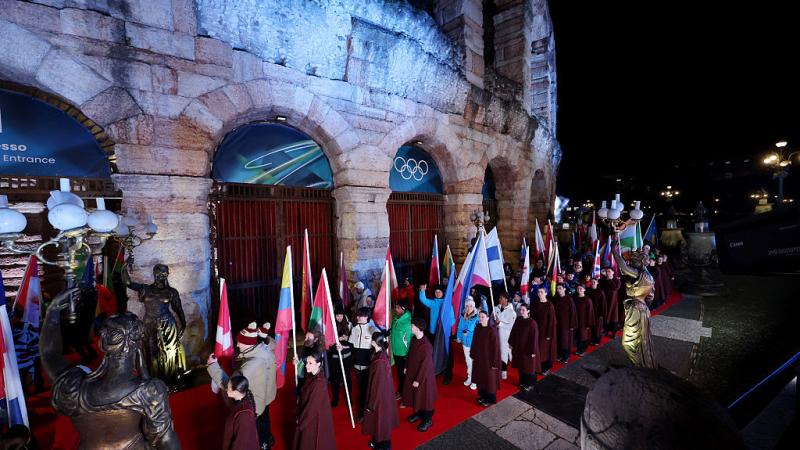Minnesota cities went for EVs in public transit, but the buses couldn't handle the cold
The Twin City buses were supposed to go 150 miles on a single charge, but the actual range was closer to 75 miles.
Minnesota cities worked to shift toward clean energy in public transit, but complications from acquired electric vehicles have prompted significant overhauls and additional expenditures to keep the buses operational.
In Duluth, Minn., technicians installed diesel-powered heaters on electric buses as the city's electric fleet struggled to perform. In 2015, the city received a $6.3 million federal grant, according to MinnPost, for seven battery-electric buses from Proterra, which were delivered in 2018.
Proterra, which went bankrupt in August, sold 550 buses. The company enjoyed outspoken support from the Biden administration, but the buses have given transit districts across the country extensive problems. Many of the buses, which were purchased with sizable federal grants, have broken down, and repairs have been slow going as a result of a lack of parts.
The Proterra buses in Duluth struggled to make it up steep hills and to keep riders warm in winter. Proterra technicians installed diesel-powered heaters on the buses and increased the battery capacity so they could handle steep hills and subzero temperatures, which degrade the performance of electric vehicles.
In the Twin Cities, meanwhile, the transit department received another $1.7 million federal grant for eight more electric buses from Canada-based New Flyer. The Twin City buses were supposed to go 150 miles on a single charge, but the actual range was closer to 75 miles. The buses further failed to meet 20% of their scheduled operating miles because of needed battery replacements. In 2021, the buses were out of service for most of the year because of charging station issues at the garage.
















